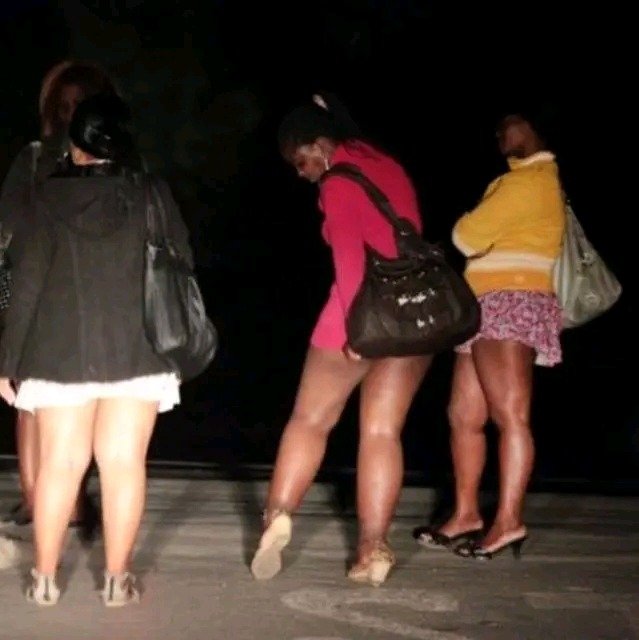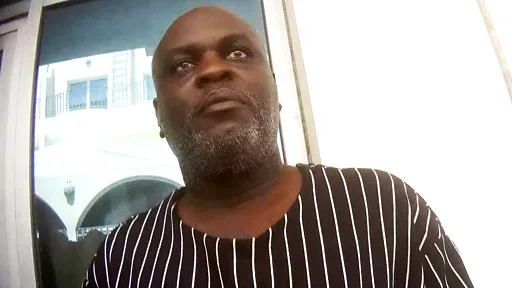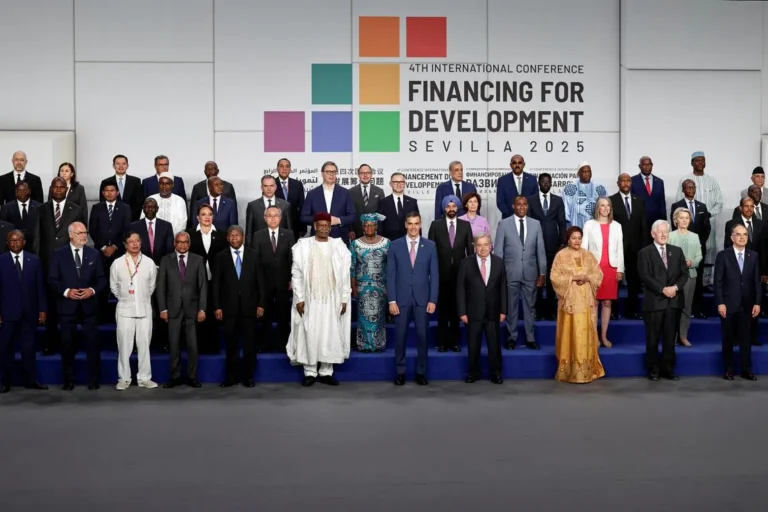
DUBAI/KAMPALA – A Ugandan businessman has launched a fierce defense of a man accused of running a sex trafficking ring in Dubai, claiming that vulnerable women choose prostitution because it is more profitable than legitimate work.

The controversy follows a BBC investigation that identified former London-based bus driver Charles Mwesigwa as the alleged mastermind of an operation that lures Ugandan women to Dubai with promises of jobs in supermarkets or hotels. Once there, the investigation found, the women are trapped in degrading sex work, burdened with crushing debts, and have their passports confiscated.
The report linked the exploitative ring to the tragic deaths of two Ugandan women who fell from high-rise buildings in Dubai.

In a surprising rebuttal, Calvin Kayanja, who operates a job link company in Kampala, has attacked the BBC’s reporting. He accused the British broadcaster of conducting “bogus investigations aimed at causing trouble” to Mwesigwa.
Kayanja argued that the women willingly abandon their legitimate jobs as maids or in other roles to become prostitutes, a practice he referred to using the slang term “sumbie hawking.”
“Girls who go abroad to work as maids or doing other meaningful jobs decide for themselves to run away from those jobs and opt for ‘sumbie hawking’ because it’s very profitable than depending on a monthly salary,” Kayanja stated.
He further claimed that many of the women were already engaged in prostitution and soliciting clients via social media in Kampala before they traveled, making it easy for them to continue the practice in Dubai.
In a sweeping generalization, Kayanja extended the blame, stating, “Even in Uganda 90% of women are ‘sumbie hawkers’ so Mwesigwa should not be blamed.”
Kayanja’s comments have sparked outrage among rights activists who work to combat human trafficking. They argue that such rhetoric victim-blames vulnerable individuals and ignores the well-documented patterns of coercion, deception, and debt bondage used by traffickers.
The BBC has not yet publicly responded to Kayanja’s allegations. The case has highlighted the ongoing crisis of human trafficking from East Africa to the Middle East and the starkly different narratives surrounding the exploitation of migrant workers.







